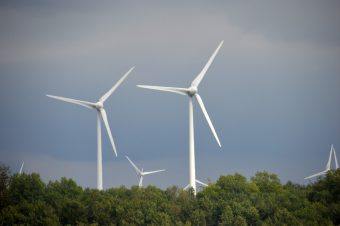
Periods of energy disruption, like the one we are seeing today, offer an opening for disruptive technologies. A helping hand for clean energy start-ups can help respond to the current energy crisis while also accelerating progress towards climate targets. A new IEA report released today, on How Governments Support Clean Energy Start-Ups, provides a timely review of the different approaches taken in countries around the world as they seek to become home to the next Tesla, BYD or Vestas.
Money is now pouring into small companies with big ideas for improving our energy systems and reducing greenhouse gas emissions. Innovators including Addionics, Evage, H2Pro, Kula Bio and PassiveLogic have raised more than 25 million US dollars each since the start of 2022. New technologies are coming from a wide range of different research efforts and countries. Energy technologies are becoming more digital, electronic, consumer-focused and modular. Some of the world’s brightest and most creative minds are engaged in building the cornerstones of tomorrow’s clean energy system.
In many cases, measures and programmes put in place by governments have laid the foundations for success in this sector, which is sometimes referred to as “cleantech” or, more recently, “climate tech”. Public sector support to help start-ups get new clean energy technologies to the market has risen sharply since the Paris Agreement was signed in 2015.
More:
These support measures are important – not because civil servants are good substitutes for venture capitalists, but because governments possess a range of unique resources that energy technology start-ups need for success. Drawing on 14 detailed country case studies and 23 in-depth interviews, the new IEA analysis highlights the ways in which governments have stepped in. This includes, for example, providing access to patient providers of capital and world-class laboratories, mentoring and peer-to-peer networking, and targeting technologies or groups that can face additional obstacles to break through, including female entrepreneurs.
The examples in the new report come from a wide range of countries: Chile, India, Morocco and Singapore have inspiring policy designs to share, alongside examples from Canada, Germany, Norway, Sweden, the United Kingdom, the United States and others.
You can read the whole article HERE.
Source: IEA



